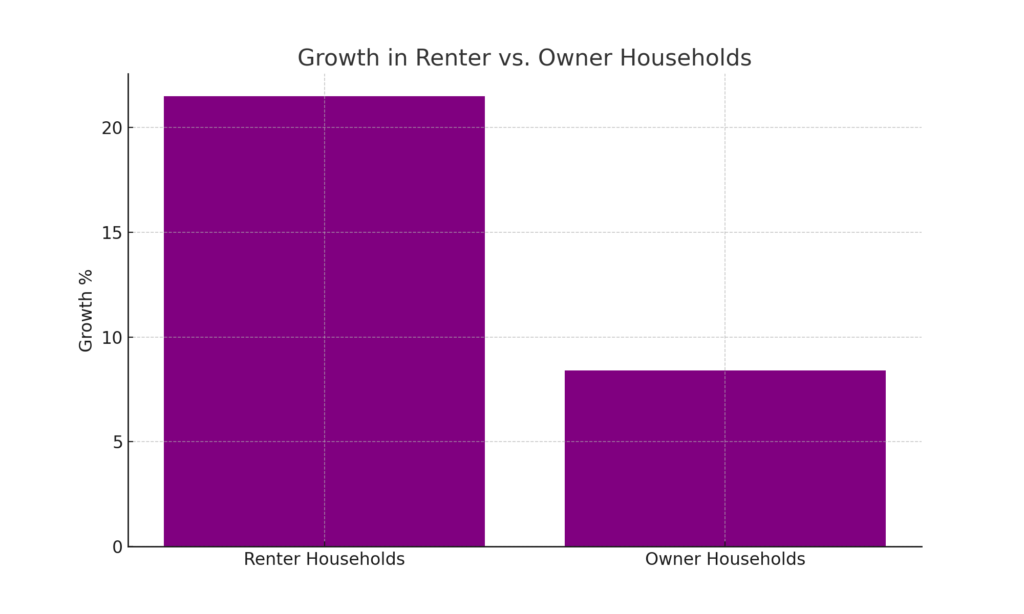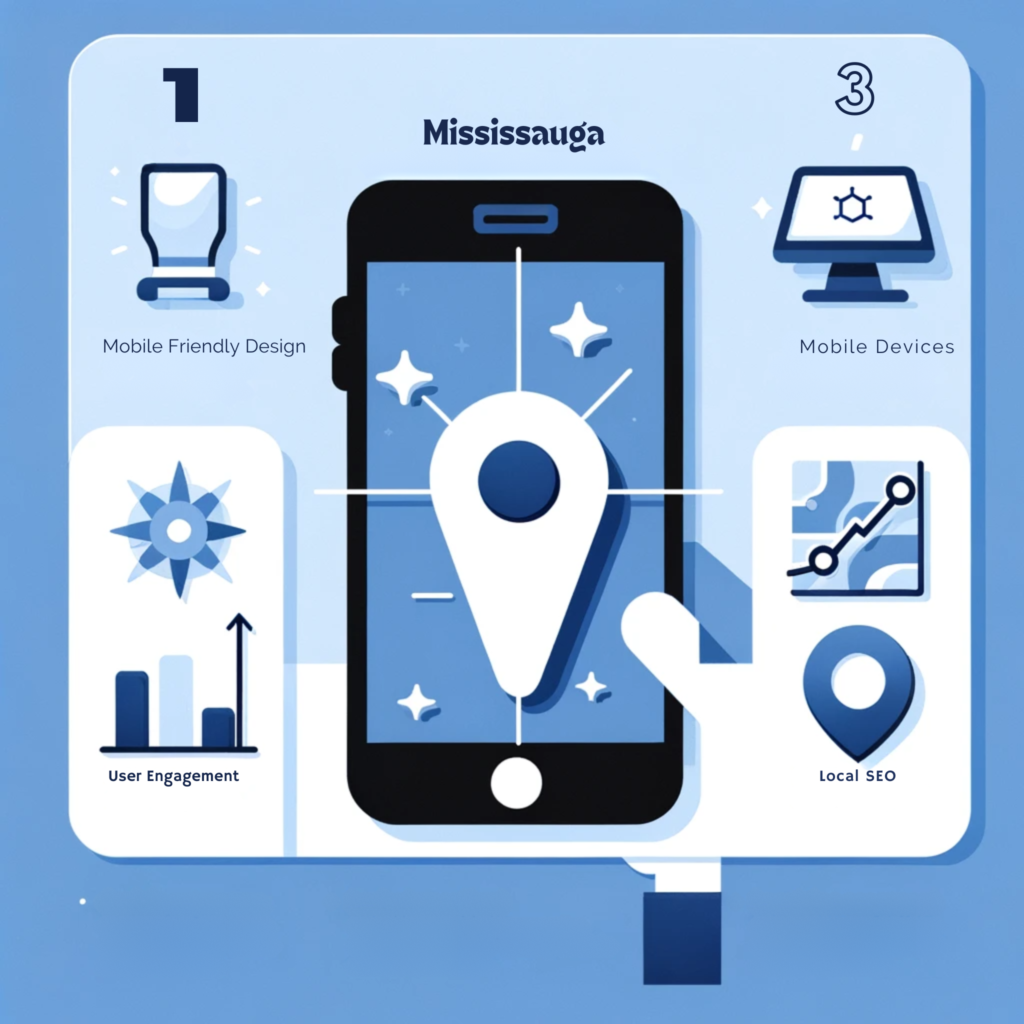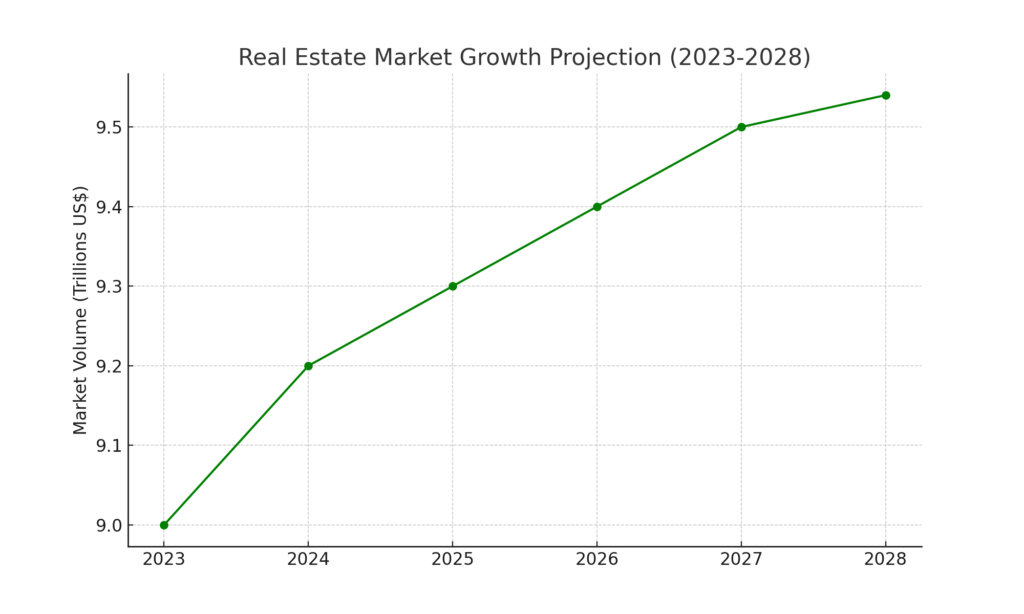Understanding Local SEO for Real Estate in Mississauga
Local Search Engine Optimization (SEO) is a crucial digital marketing strategy for real estate agents in Mississauga. It involves optimizing your online presence to attract more business from relevant local searches. This article delves into what Local SEO is and its significance for real estate professionals in the Mississauga area.
What is Local SEO?
Local SEO focuses on optimizing a website to be found in local search results. It includes various strategies like optimizing for Google My Business, managing online reviews, and using local keywords.
Importance of Local SEO for Real Estate Agents
In the competitive real estate market of Mississauga, Local SEO helps agents stand out. It increases visibility among local clients and showcases properties to those actively searching in the area.
Benefits of Local SEO
- Enhanced online visibility
- Targeted local traffic
- Better lead generation
- Improved user experience
Local SEO vs. Traditional SEO
While traditional SEO focuses on ranking in searches regardless of the user’s location, Local SEO targets a specific area or locality. This is particularly beneficial for businesses like real estate, where the local market is key.
Key Components of Local SEO
- Google My Business optimization
- Local keywords integration
- Building local backlinks
- Managing online reviews
Local SEO Mastery for Realtors: Zaytun Design’s Comprehensive Guide
Welcome to Zaytun Design’s series, focusing on local SEO strategies for real estate in Mississauga. Our goal is to empower realtors with the knowledge and tools to excel in online visibility and lead generation. Let’s embark on a journey to transform your real estate SEO approach!
Local SEO for Realtors
At Zaytun Design, we specialize in optimizing real estate websites and online presences to rank higher in search engine results for relevant keywords. This includes detailed optimization of your Google Business Profile (GBP) listings, and on-site strategies to boost lead generation and sales effectiveness.


Detailed Google Business Profile SEO Tips for Real Estate Agents
1) Address Selection: Home vs. Office
Choosing the right address for your GBP listing is crucial. We usually recommend using your home address to avoid filtering issues common with brokerage office addresses. Privacy concerns can be addressed by setting up your profile as a “service area business” and hiding your home address.
2) Individual GBP Listings for Realtors
Each real estate agent can have their own GBP listing. This is particularly effective when using a home address, as listings with office addresses tend to get filtered and struggle to rank.
3) Business Name on Google Business Profile
Your business name on GBP should be strategically chosen. If you’re affiliated with a well-known brokerage, including its name can be advantageous. However, be mindful of any brokerage rules regarding GBP listings.
4) Selecting Google Business Profile Categories
The impact of choosing “real estate agent” versus “real estate agency” as your GBP category is minimal, but it’s worth testing to see which works best for your specific needs.
Additional Google Business Profile Insights for Realtors
Zaytun Design provides in-depth guidance on managing your GBP listings, including handling condos, model homes, and temporary leasing offices. We emphasize compliance and accuracy to ensure your listings are effective and within Google’s guidelines.
Condos and Mapping Rules
Mapping condos can be tricky. Only map a condo if it has an onsite management office. Otherwise, focus on mapping the building or complex itself, not individual units.
Model Homes and Temporary Leasing Offices
Model homes with staffed sales offices and temporary leasing offices with proper signage can be listed on GBP. Ensure they are marked permanently closed once they are no longer operational.
Vacation Rentals
Vacation rentals are generally not allowed on Google Maps unless they have a visible, staffed onsite office. You can complain using Google Redressal form
Keyword Optimization Strategies
Targeting both “realtor + city” and “real estate agent + city” is essential for effective SEO. The term “realtor” often has more search activity but can be less effective in conversion than “real estate agent”.
Title Tag Optimization
Include the brokerage name in your title tags and focus on creating area-specific content. Consider having separate pages for neighborhoods or regions like “northern Colorado” for more targeted SEO efforts.


10 common real estate SEO tactics that agents should avoid
1. The Perils of Keyword Stuffing While keywords are essential for SEO, overusing them – a practice known as keyword stuffing – can severely damage your website’s ranking. Search engines prioritize content that is helpful and relevant to users, not pages overloaded with keywords. Instead, focus on integrating keywords naturally and providing valuable, informative content.
2. Avoiding Link Lists and Directories Gone are the days when link lists or directories positively impacted SEO. Today, these can be seen as spammy and decrease your site’s trustworthiness. Building a network of quality, relevant backlinks organically is a far more effective strategy.
3. Steering Clear of Bait-and-Switch Content Bait-and-switch content misleads users by promising one thing and delivering another. This not only frustrates visitors but also erodes trust and harms your site’s reputation. Always ensure your content aligns with your headlines and meta descriptions.
4. The Risks of Link Buying Purchasing links is a risky tactic that can result in penalties from search engines. Building organic, high-quality backlinks through genuine partnerships and quality content is a safer and more rewarding approach.
5. Avoiding “Black-hat SEO Tricks” While black-hat SEO tactics might offer short-term gains, they can lead to long-term damage, including penalties from search engines. Stick to white-hat SEO practices to build a sustainable online presence.
6. The Drawbacks of Duplicate Content Duplicate content confuses search engines and can dilute your website’s ranking. Ensure that all your content is original and offers unique value to your audience.
7. Localizing Your Content Outsourcing your content creation can sometimes lead to generic, non-localized content. For real estate, local expertise is key. Create content that resonates with your local market and showcases your knowledge of the area.
8. Comprehensive Real Estate Website Design During website design, ensure you check all boxes, including mobile-friendliness, fast loading times, and user-friendly navigation. A well-designed website is critical for both user experience and SEO.
9. Balancing Text with Multimedia Avoid walls of text. Incorporate multimedia elements like images, videos, and virtual tours to engage users. This not only enhances user experience but also improves dwell time, a positive signal for SEO.
10. Integrating SEO with Your Overall Marketing Plan SEO should be a part of a comprehensive real estate marketing plan. Neglecting SEO or waiting too long to implement it can put you behind in the competitive digital landscape. Regularly review and adjust your strategies to stay ahead.

